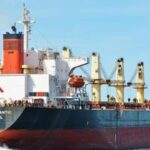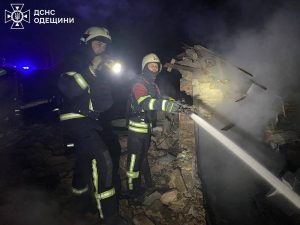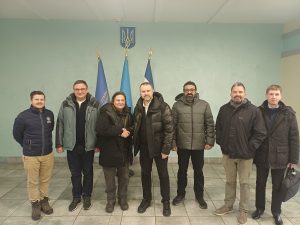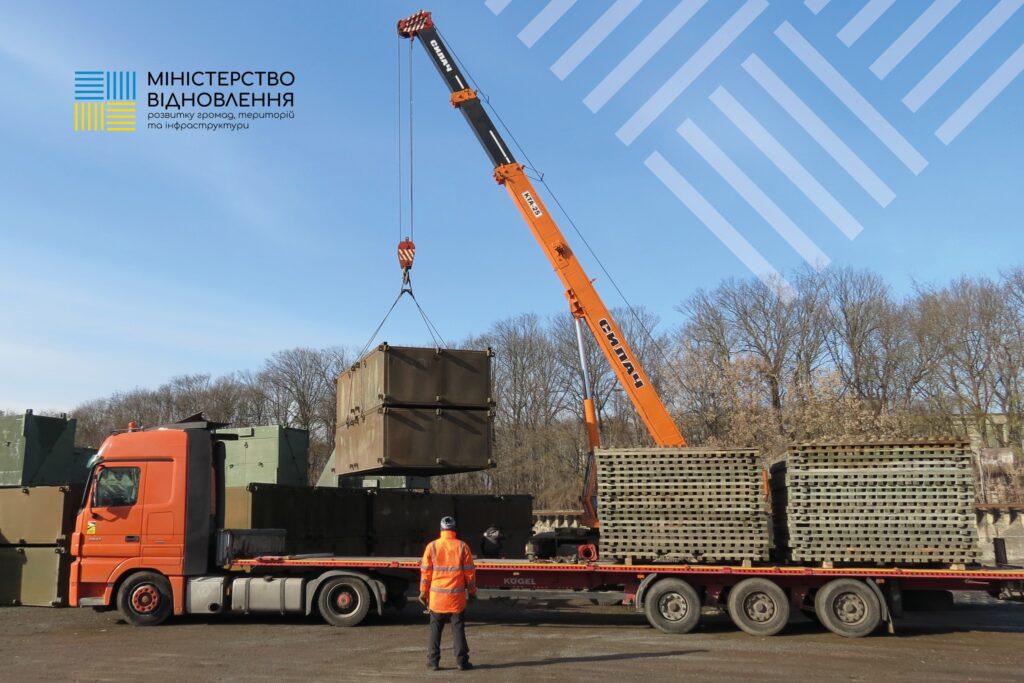UGA asks to make transparent the rules for ships entering Ukrainian ports
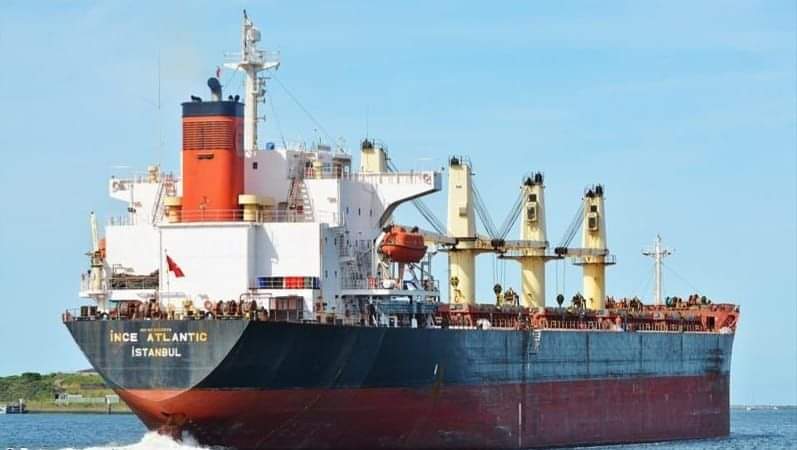
The Ukrainian Grain Association (UGA) is asking to make the process of forming a queue of vessels for entry into Ukrainian ports more transparent.
The organization appealed to the Minister for Communities, Territories and Infrastructure Development of Ukraine, Oleksandr Kubrakov, with a proposal to make the process of forming a queue for ships entering Ukrainian ports open and transparent, the UGA press service reported.
The grain initiative and the subsequent unblocking of the ports of Odesa, Chornomorsk, and Pivdennyi significantly improved the situation with the export of surplus grain from Ukraine. Also, these measures contributed to the improvement of the humanitarian situation around the world, in particular — in Africa and Asia, and also reduced food shortages and grain prices.
“However, the work of the joint coordination center in Istanbul, in which the russian side deliberately slows down the inspection period and constantly looks for unjustified reasons to stop the inspection, does not add to optimism. Every day, less than half of the planned 10 ship inspections take place,” the UGA noted.
The organization added that in such conditions it is extremely important that the work in Ukraine takes place openly and transparently. One of the most important tasks of the state is the creation of procedures and rules that will ensure the sustainable development of the country. One of these rules is free access to markets and the creation of a competitive environment, which, in turn, will be the key to development. State companies should be an example and model of openness and transparency, and therefore every action of such companies should be openly displayed on sources available to all, including on the official websites of these companies, the association added.
Therefore, the grain community paid attention to important processes and the need to make them open and transparent:
1. To change the principle of formation of the queue for inspection by vessels, namely:
• fix on a monthly basis the queue for passing the incoming inspection, not for ships, but for stevedores/terminals (so that the corresponding windows in order of priority are for stevedores). At the same time, give priority to ships that were declared and were in the queue as of February 9, 2023;
• give the right to terminals/studiers to independently determine the sequence of filling the windows allocated for them with the corresponding vessels awaiting inspection, taking into account their operational plans, the availability of cargo and other factors that ensure effective planning of the work of stevedores/terminals;
• to ensure the work of the inspection, stevedores/terminals will provide the Ukrainian Sea Ports Authority on a biweekly basis a detailed plan for filling the designated windows with vessels, which the Ukrainian Sea Ports Authority will provide to the Joint Coordination Center;
2. Allocate a quota (number of vessels) for each operator in the monthly planning for passing inspections in direct proportion to the capacity and specialization of the relevant port operators, taking into account the guaranteed daily rate of cargo acceptance (by rail, car) and the speed of loading onto the vessel.
3. To publicize in advance (bring to all port operators) the quota of each operator regarding inspections and ship calls to the respective ports within a month for each port and terminal/stevedor, as well as publish such information on the USPA website;
4. To ensure the uniformity of inspection planning for each port operator during the month, based on the number of ships (quotas) for each port operator, taking into account the technical capabilities in the accumulation and loading of each of the terminals.
5. Carry out planning for the next month with priority passage of vessels that did not pass inspection last month for objective reasons beyond the control of port operators;
6. Prohibit any change in the established queue in terms of quota allocation to stevedores/terminals.
UGA emphasized that the Black Sea is not russia’s internal sea, where it can dictate shipping requirements to other countries. Purposeful actions of russian federation to delay inspections of vessels bound for Ukrainian ports demonstrate russia’s true intentions — to continue to destabilize the world’s food security and turn food into a weapon.
